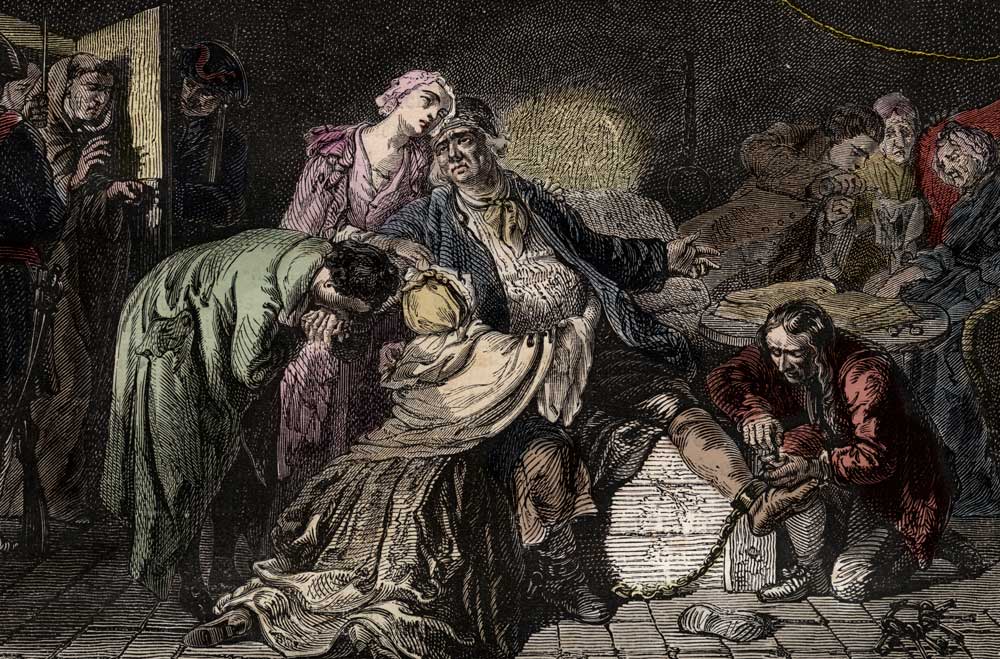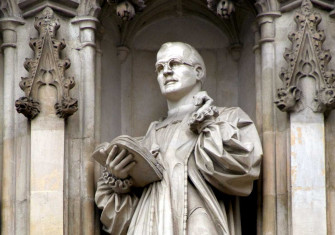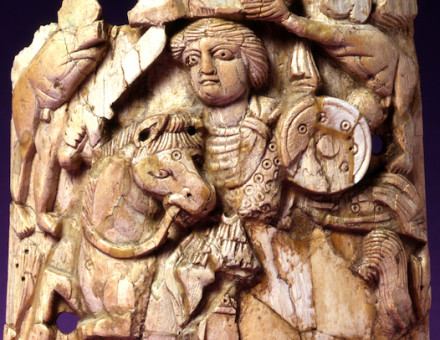A Test Case for Tolerance
Jean Calas was sentenced to be broken on the wheel in front of the cathedral in Toulouse, on 10 March 1762.

It was the evening of 13 October 1761. Pierre Calas found the body of his older brother, 29-year-old Marc-Antoine, hanging in a downstairs doorway of the family home in Toulouse.
The family, headed by Jean, a Huguenot cloth merchant, had been dining upstairs. Marc-Antoine left the table early, perhaps to visit the club where he gambled without success. This lack of luck was familiar: Marc-Antoine had trained to be a lawyer, but couldn’t practise without a Catholic priest confirming his orthodoxy.
In Toulouse, the bodies of people who had killed themselves were dragged face down through the streets by a horse and then thrown on the city’s rubbish heap. Jean and his wife, Anne-Rose, claimed their son had been murdered.
But rumours spread that Jean had strangled his son to stop him from converting to Catholicism. All those present that evening were arrested. Then, the family changed their story. Their son had hanged himself, they said. The authorities – and in particular David de Beaudrigue, who led the investigation – did not believe them.
Jean Calas was sentenced to be broken on the wheel in front of the cathedral on 10 March 1762. But first he was tortured to reveal the guilt of his family. If Jean broke, Pierre would suffer the same fate as his father, and Anne-Rose would hang.
Calas was racked; they called it la question ordinaire. Then came la question extraordinaire – replicating the experience of drowning with pitcher after pitcher of water. Calas endured it all, without breaking.
They took him to the square and strapped him over the wheel, his face to the sky. His limbs were smashed with an iron bar. If de Beaudrigue thought the prospect of death would compel a confession, he was mistaken. It was two hours before Calas was finally strangled by the executioner – as a kind of mercy.
Voltaire took up Calas’ case in his Traité sur la tolérance, published in 1763. Calas was exonerated a year later. De Beaudrigue made two attempts to kill himself. He did not survive the second.






